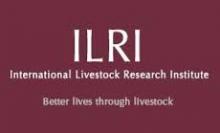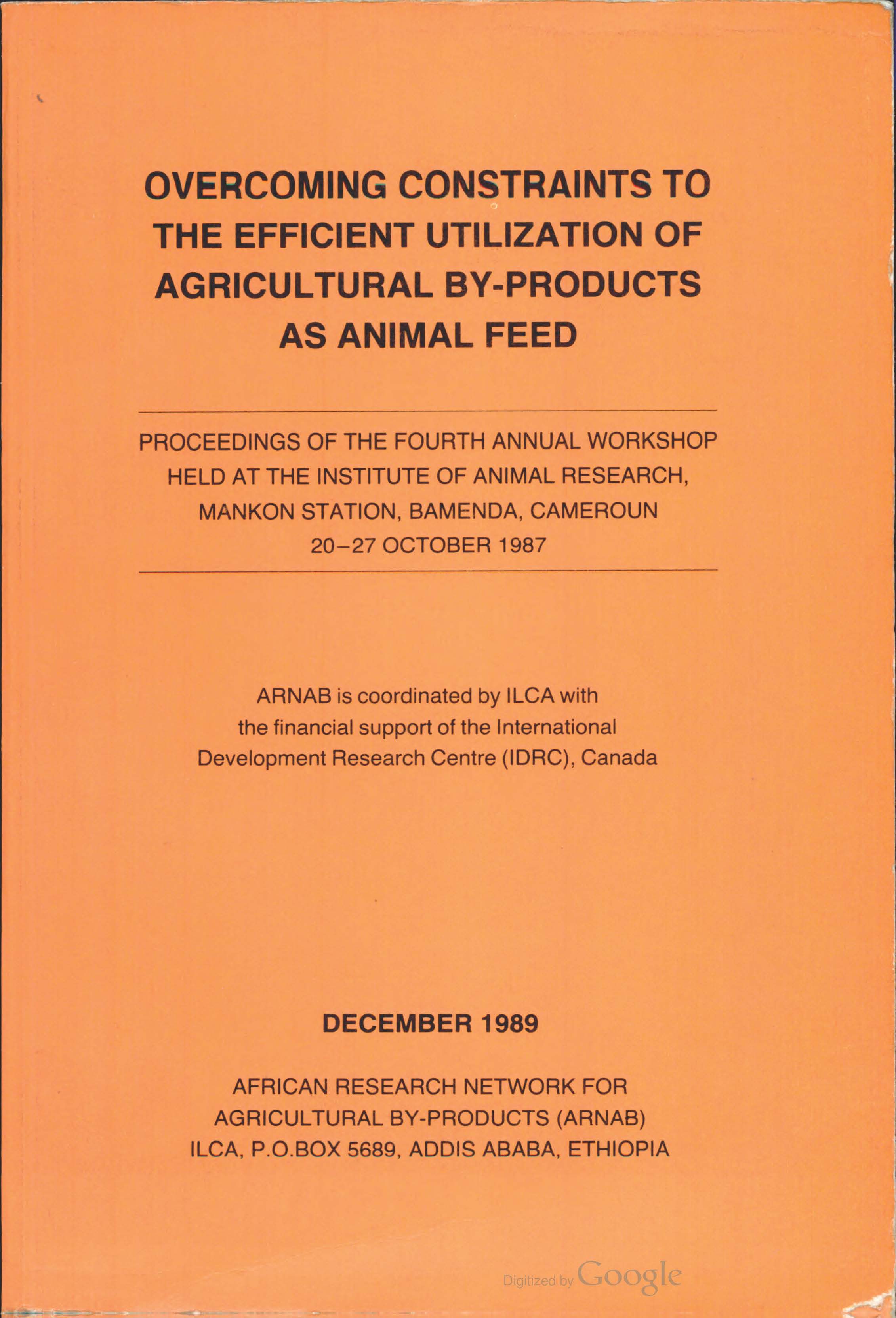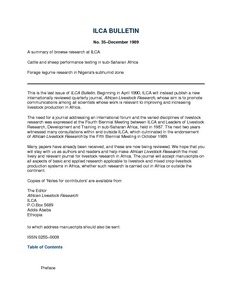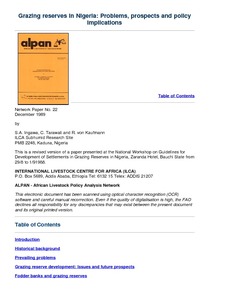Location
Vision, mission and strategy
ILRI's strategy 2013-2022 was approved in December 2012. It emerged from a wide processof consultation and engagement.
ILRI envisions... a world where all people have access to enough food and livelihood options to fulfil their potential.
ILRI’s mission is... to improve food and nutritional security and to reduce poverty in developing countries through research for efficient, safe and sustainable use of livestock—ensuring better lives through livestock.
ILRI’s three strategic objectives are:
- with partners, to develop, test, adapt and promote science-based practices that—being sustainable and scalable—achieve better lives through livestock.
- with partners,to provide compelling scientific evidence in ways that persuade decision-makers—from farms to boardrooms and parliaments—that smarter policies and bigger livestock investments can deliver significant socio-economic, health and environmental dividends to both poor nations and households.
- with partners,to increase capacity among ILRI’s key stakeholders to make better use of livestock science and investments for better lives through livestock.
This is ILRI’s second ten-year strategy. It incorporates a number of changes, many based on learning from the previous strategy (2000–2010, initially produced in 2000 and modified in 2002), an interim strategy (2011–2012) and an assessment of the external and internal environments in which the institute operates.
Members:
Resources
Displaying 1031 - 1035 of 1152The potential of crop residues, particularly wheat straw, as livestock feed in Ethiopia
Reviews the extent and use of crop residues as livestock feeds in Ethiopia with special emphasis to wheat with respect to varietal difference and agronomic practices to enhance the utilisation of the straw. Lists area and yield of major crops in Ethiopia. Presents data on yield & chemical composition of various crop residues, weight gains of steers fed crop residue, and effect of N fertilization on grain yield and quality & quantity of wheat straw. Also summarises results of an undersowing trials of forage crops to wheat.
Overcoming constraints to the efficient utilization of agricultural by-products as animal feed
Inter-flock differences in small ruminant productivity in the central Mali agropastoral system
Grazing reserves in Nigeria: Problems, prospects and policy implication
Grazing reserves in Nigeria are areas set aside for the use of pastoralists and are intended to be the foci of livestock development. The stated purpose of grazing reserves is the settlement of nomadic pastoralists they offer security of tenure as an inducement to sedentarization through the provision of land for grazing and permanent water. This paper reviews problems associated with grazing reserves and offers suggestions to make them more productive and relevant to the needs of the intended beneficiaries.





